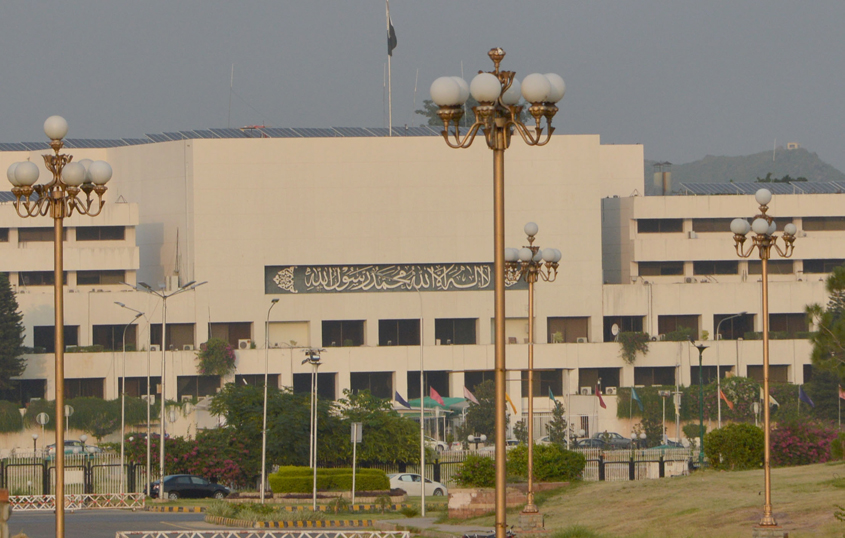
ISLAMABAD: The Senate committee of the whole, a special arrangement in which the entire upper house of parliament is turned into a panel, on Wednesday finalised policy guidelines for terms of engagement with foreign countries in the wake of emerging realities in the region.
The report was presented during an in-camera meeting of the committee by 13-member drafting sub-committee. The committee of the whole; however, made some amendments to the 21 recommendations.
The report urges the international community and world organisations to play an effective role for the implementation of the UN resolutions on Kashmir.
The report calls upon the government to raise blatant interferences of India in various parts of Pakistan, especially in Balochistan, and terror financing at all international fora.
It recommended that 1) a taskforce be constituted for formulating a doable and sustainable India/Kashmir policy that should include the chairs of the committee of both the houses on Defence and Foreign Affairs as well as representatives of the Foreign Office, Ministry of Defence and intelligence.
2) A media coordination committee should be constituted to prepare factsheets and a counter-propaganda campaign against India.
3) There should be periodical/regular special briefings for the foreign media, and the social media should also be utilised for publicising the Kashmir issue.
4) The government should re-establish a public diplomacy office in the Foreign Office.
5) Pakistan’s case should be and should have been put across, which unfortunately was not presented in a befitting manner during the last several decades.
6) The government should hire international lobbyists and strategic communication firms to change global narrative.
7) The main thrust of our Kashmir narrative should be: (a) violation of the UN Charter Chapter 1, articles 1 and 2 by India; b) violation of international declaration of human rights in Kashmir by Indian forces with the highest population-to-soldier ratio 1:5; c) violation of the Geneva Convention; d) India’s violations along our eastern border will force Pakistan to pull out troops employed to fight the war on terror.
8) India’s own fault-lines in alienating its minorities including Muslims, Sikhs, Christians and Dalits.
9) A comprehensive outreach to those segments of the Indian public opinion, which are opposed to Modi’s extremism and his anti-Pakistan policies, including political parties, media, civil society organisations and human rights groups.
10) The need to counter India’s narrative to demoralise/isolate Pakistan need to be redoubled, for which parliamentarians and parliamentary committees can play a pivotal role.
11) Nuclear neighbours should prompt a serious caution and restraint when faced with over-provocation.
12) The government should develop an institutionalised consultative mechanism to seek policy guidelines from the joint sitting of parliament, the National Security Committee maybe re-constituted in consultation with parliament.
13) There should be a non-episodic rule/engagement with the OIC on the Kashmir issue.
Published in The Express Tribune, October 6th, 2016.































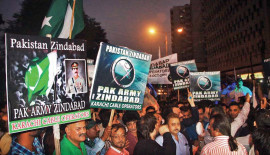

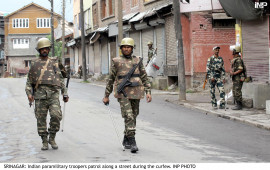
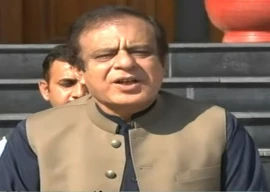

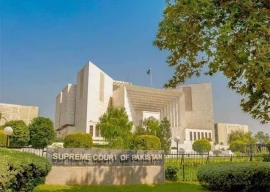
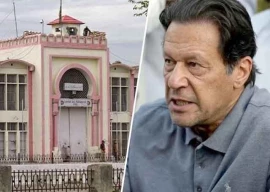






















COMMENTS
Comments are moderated and generally will be posted if they are on-topic and not abusive.
For more information, please see our Comments FAQ